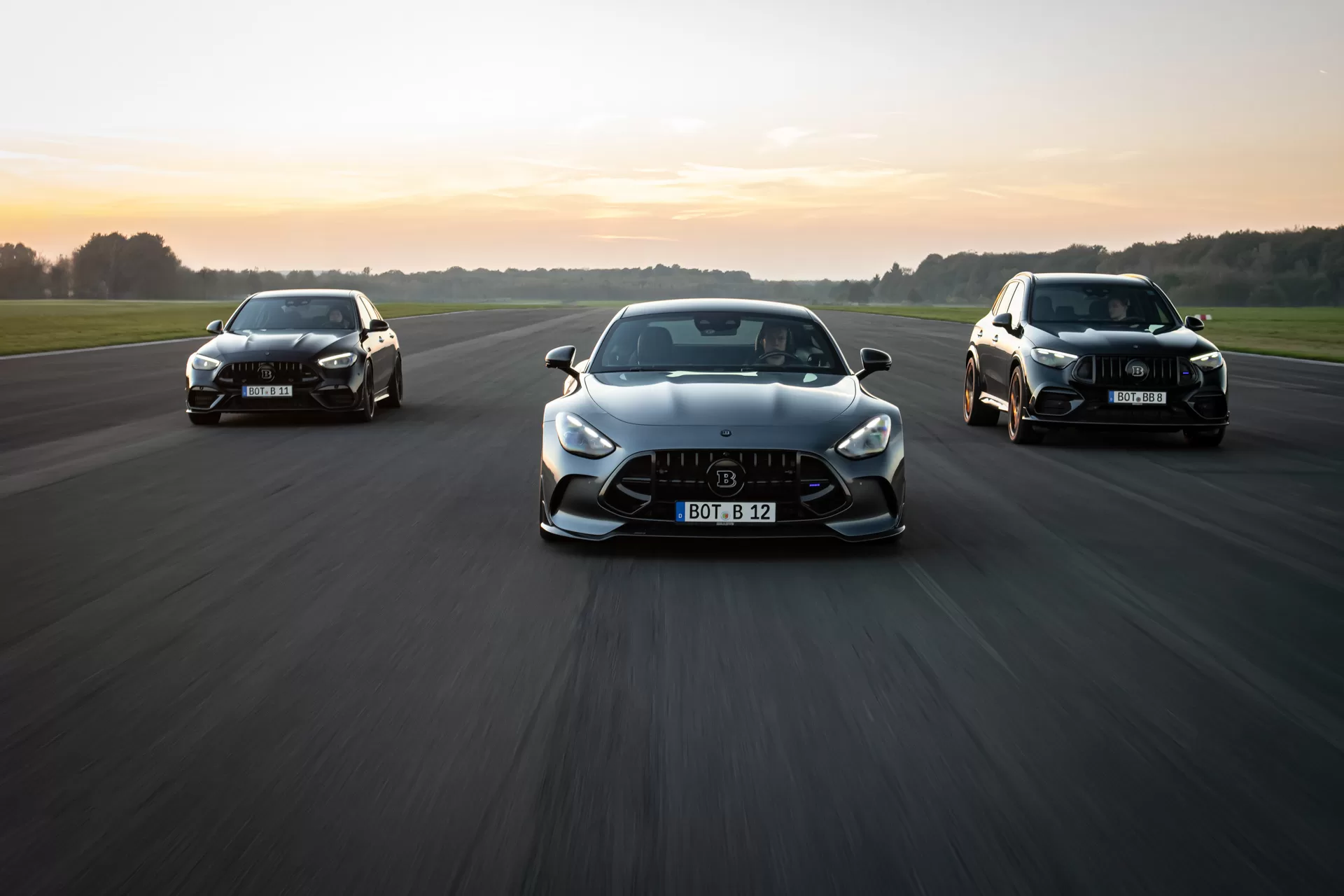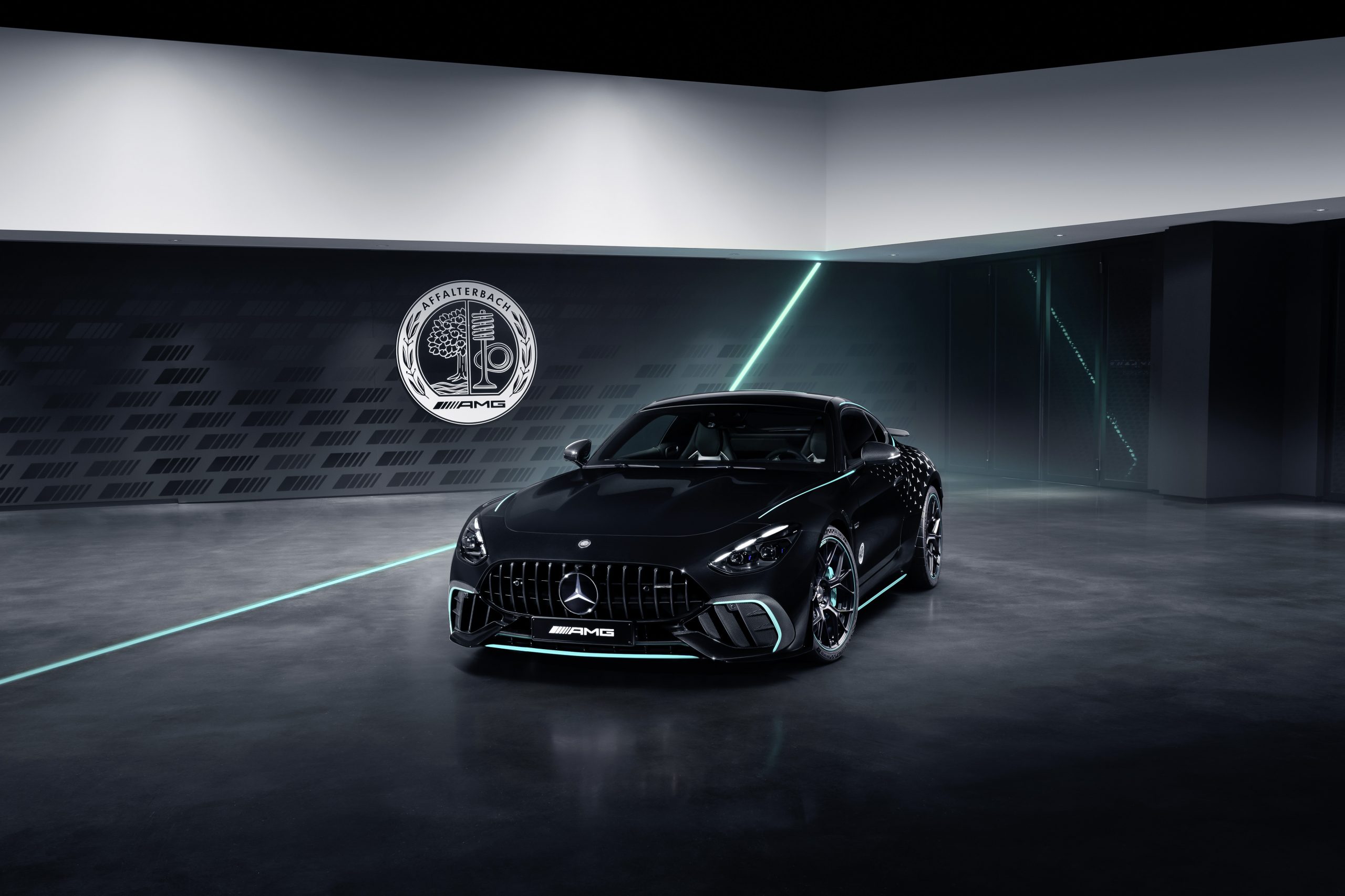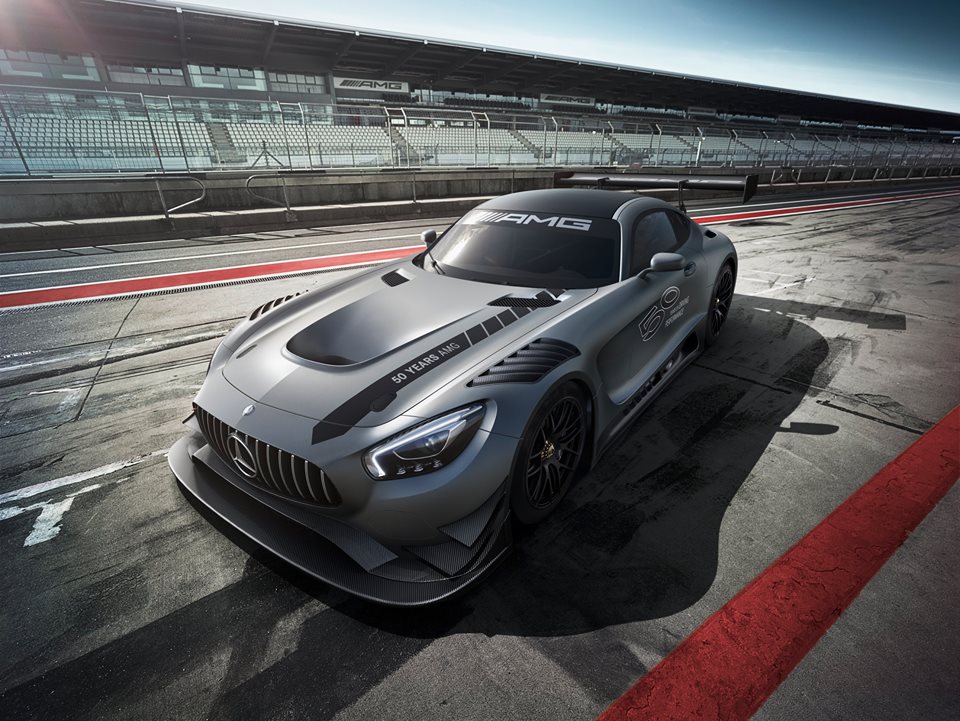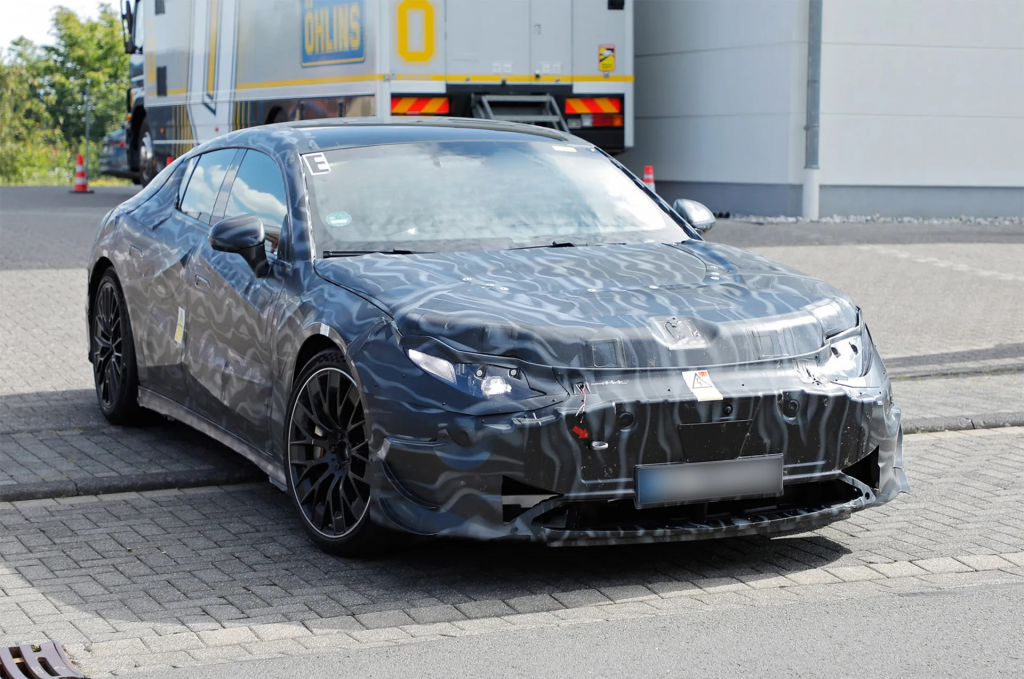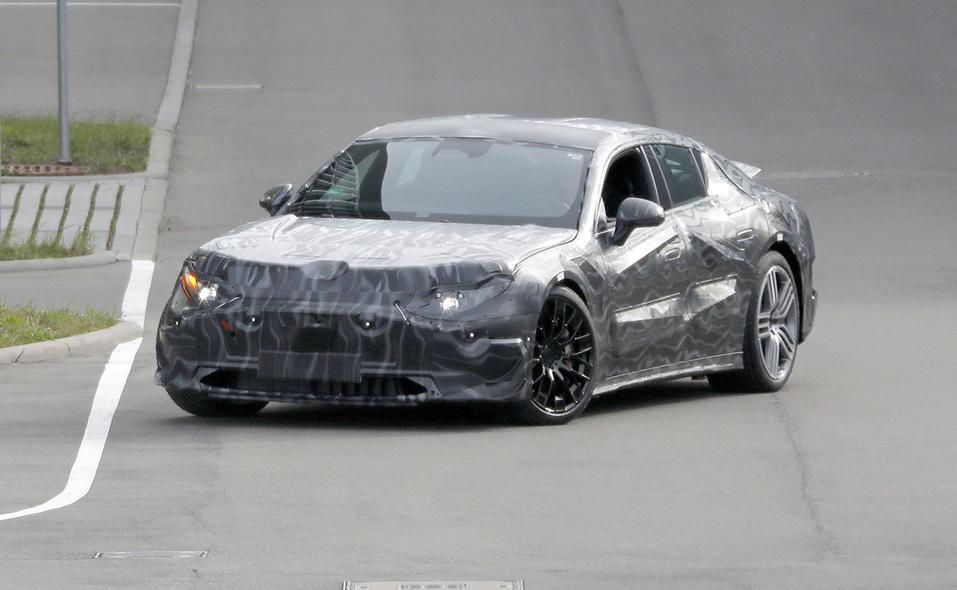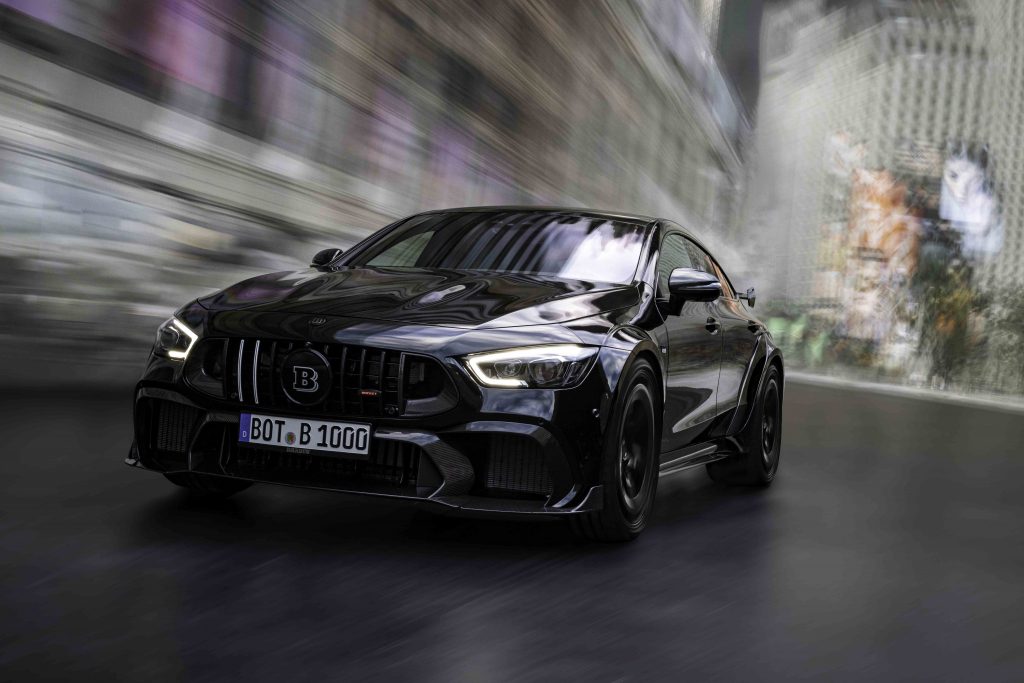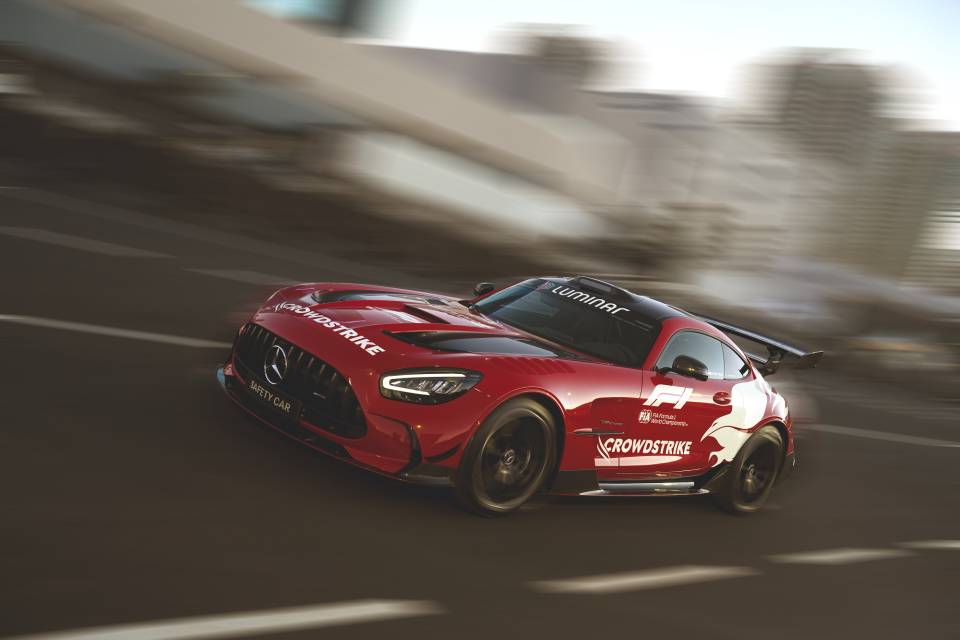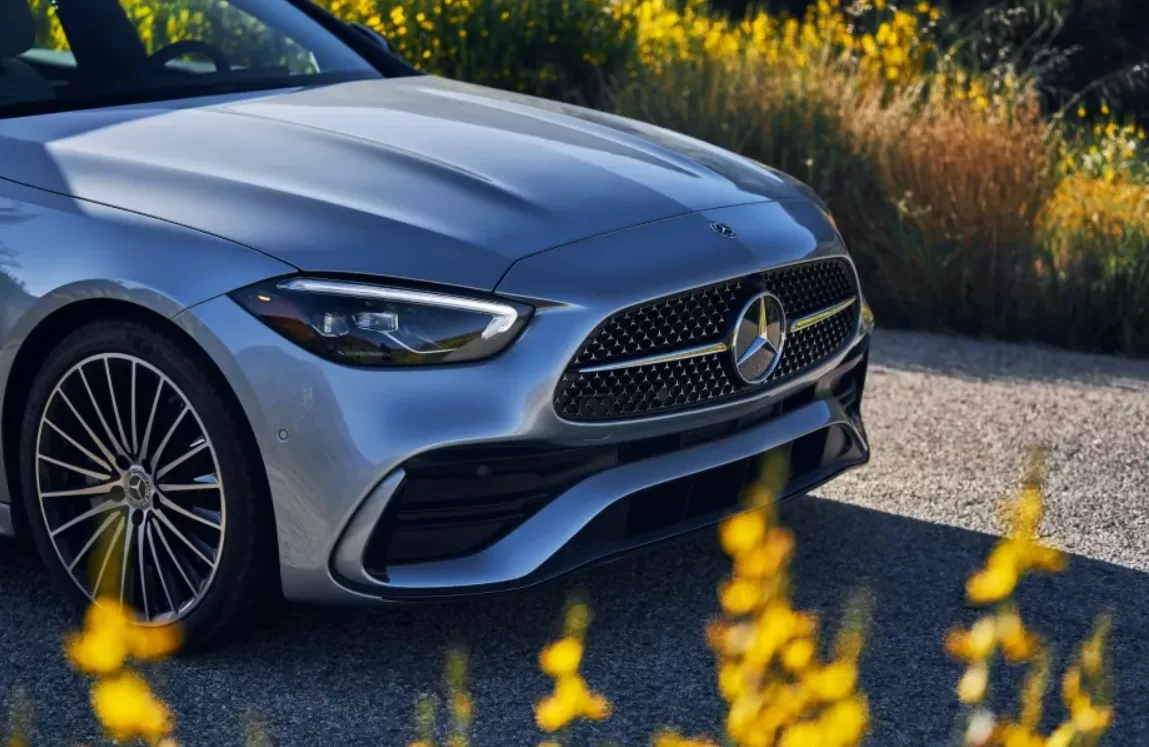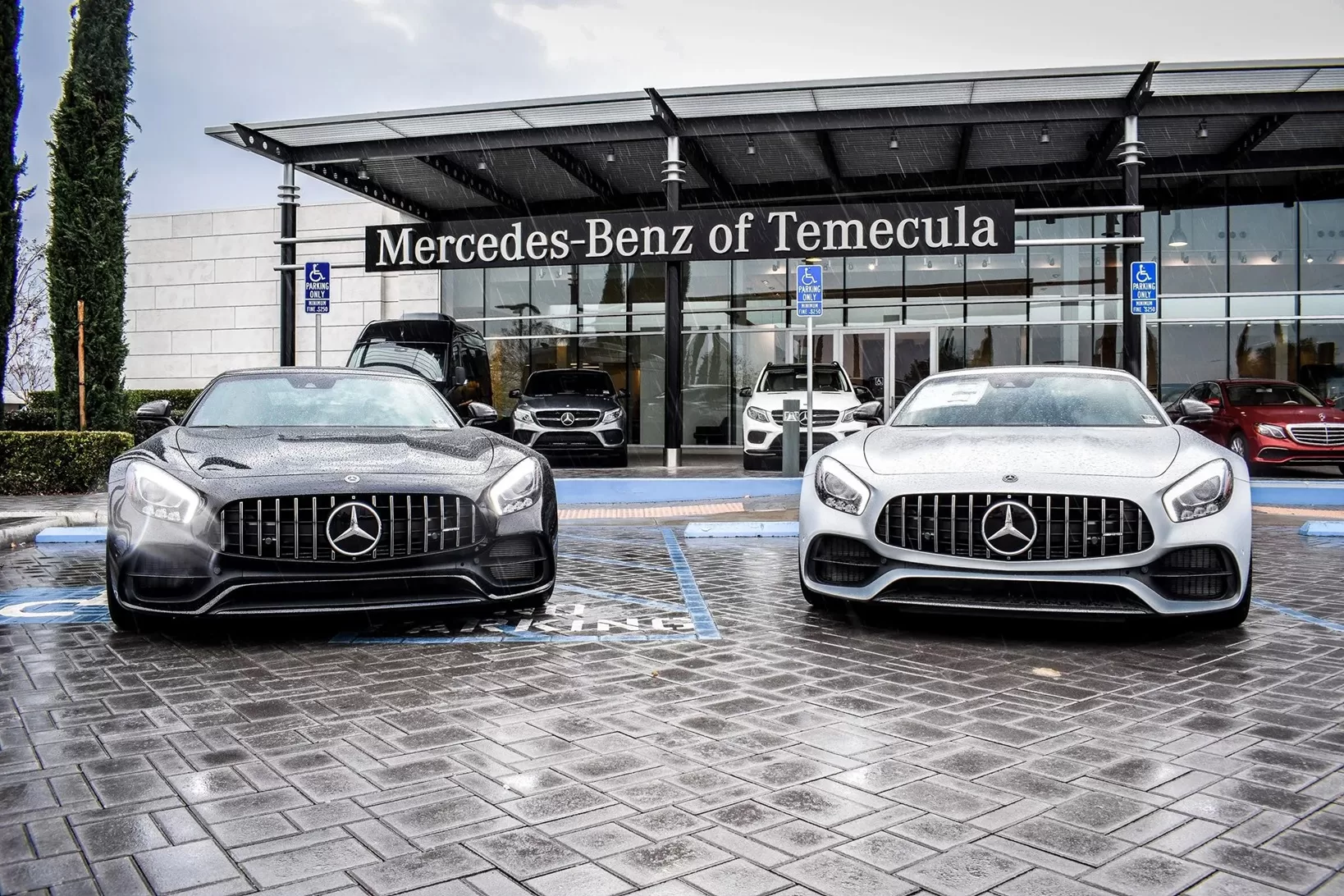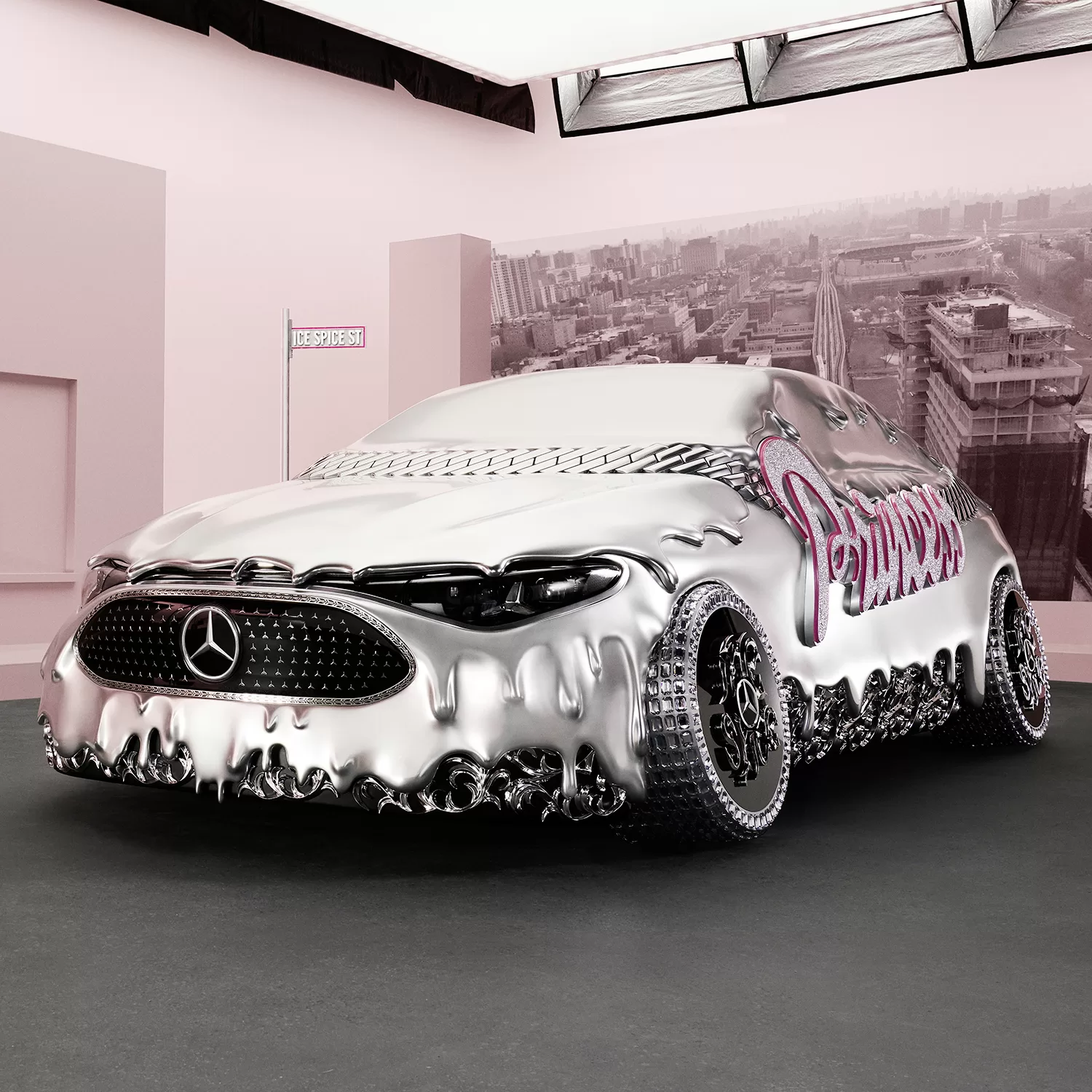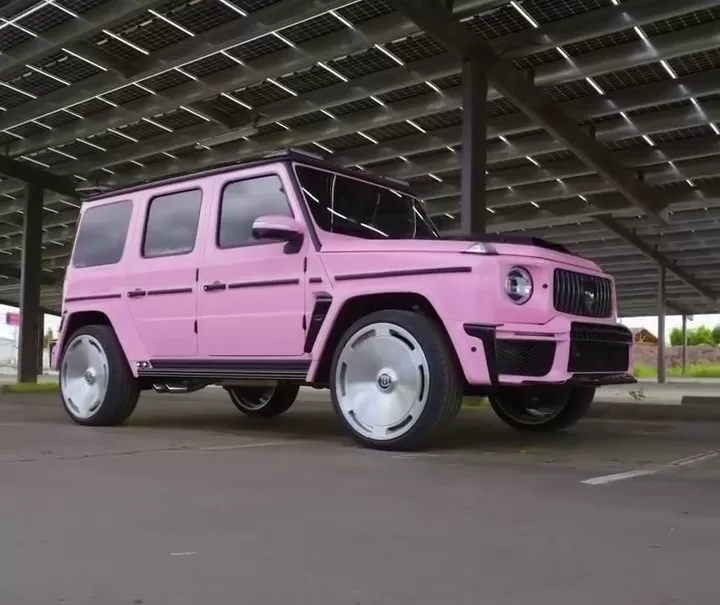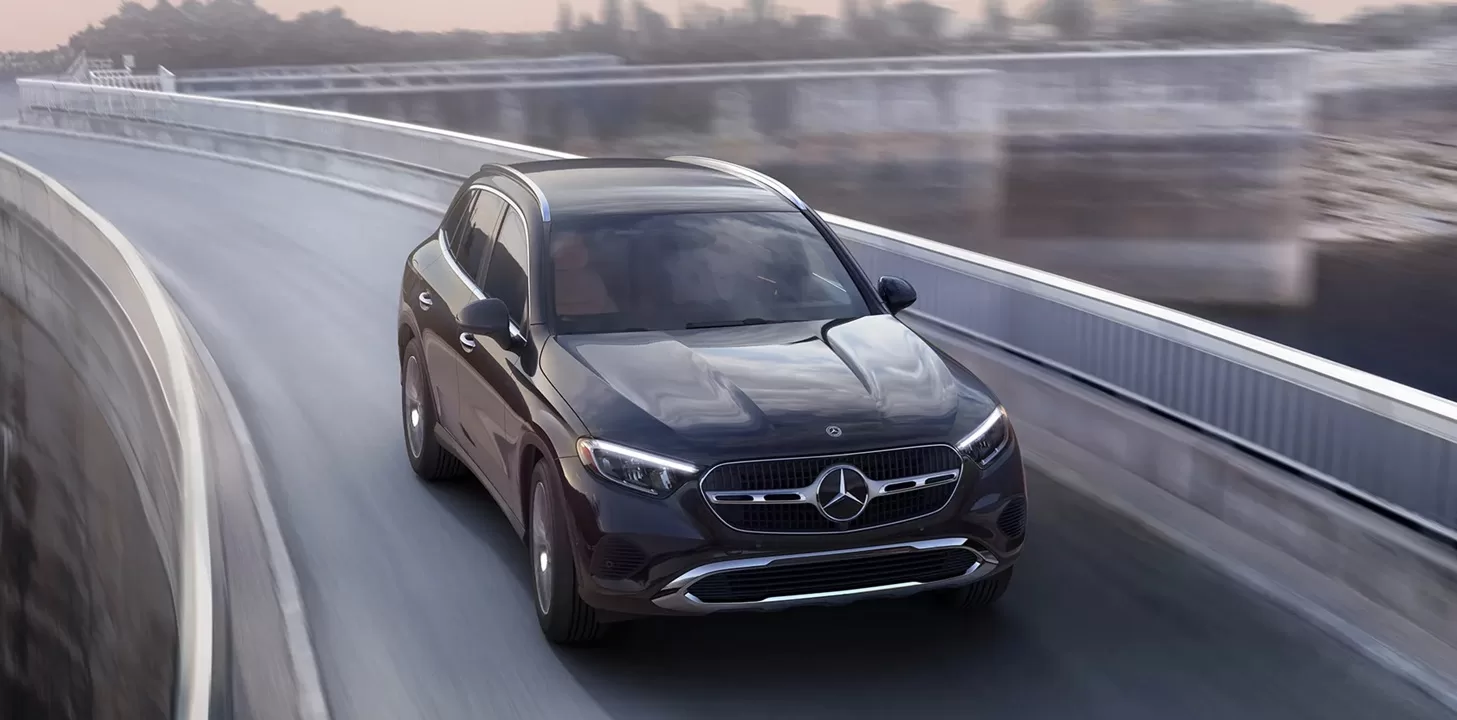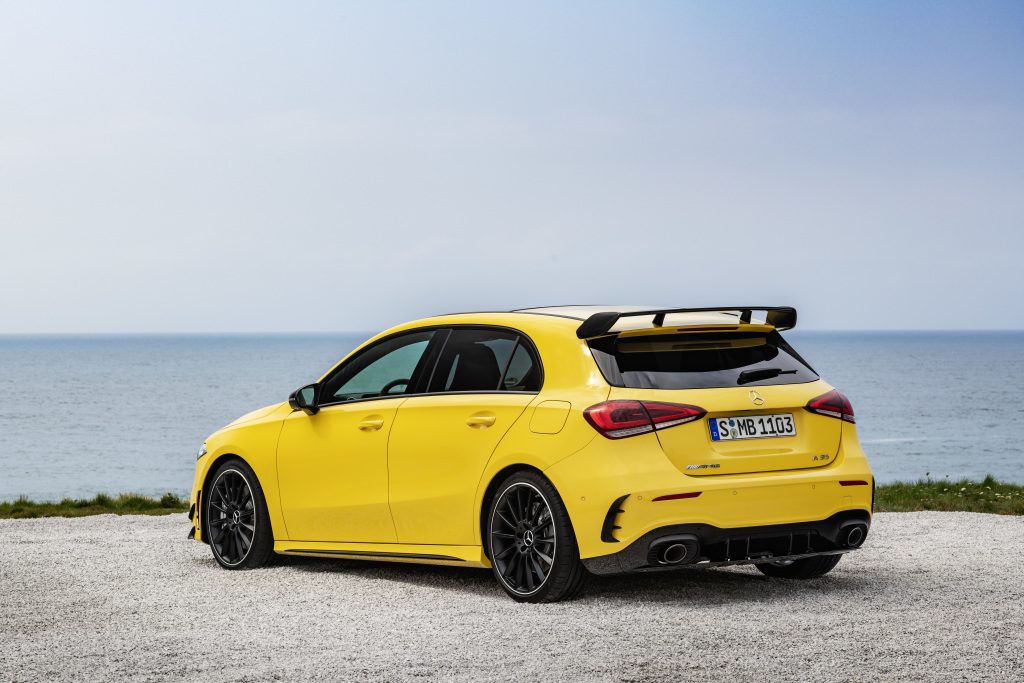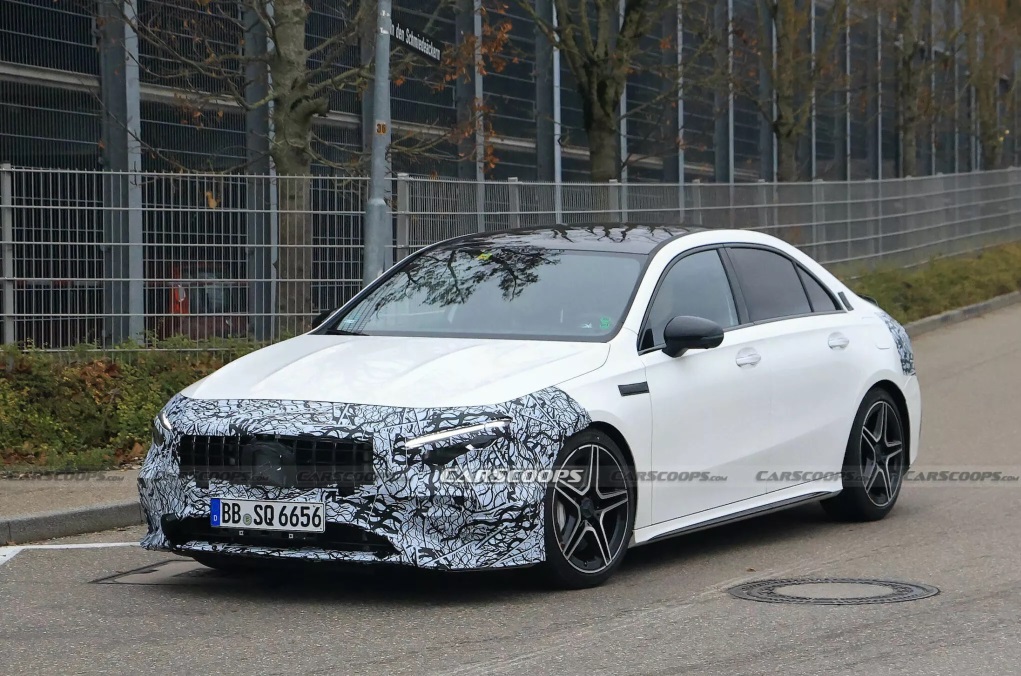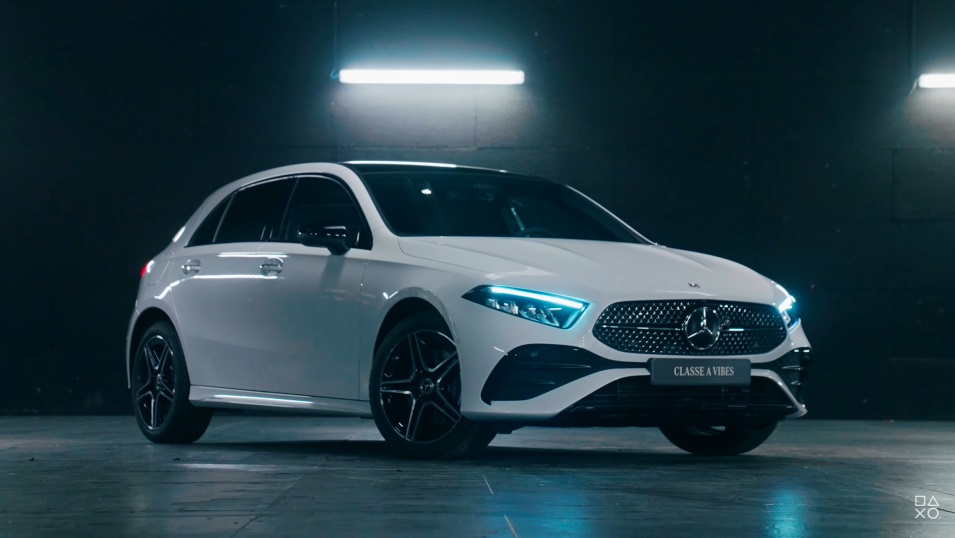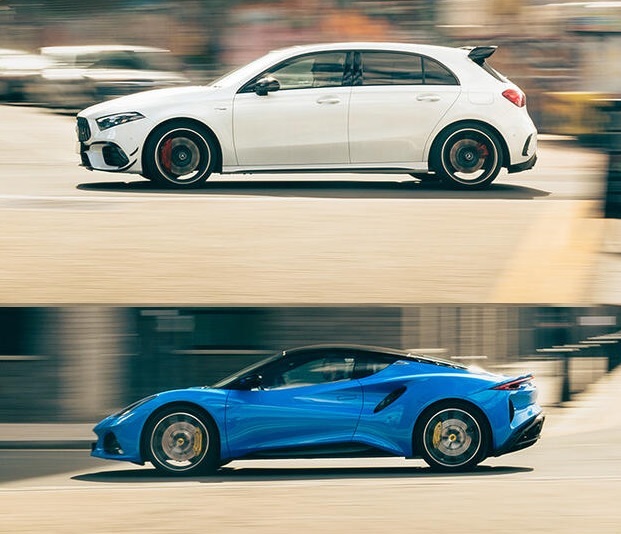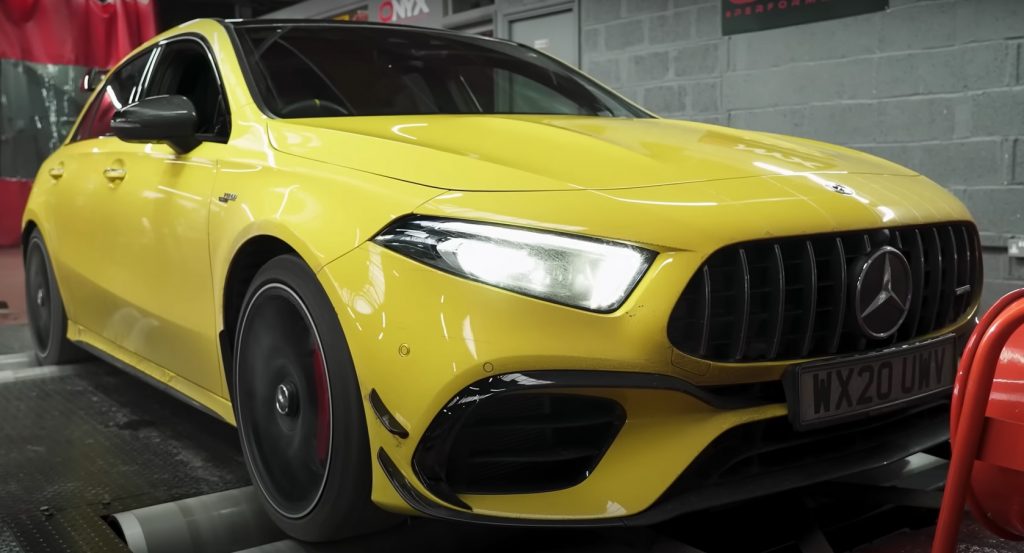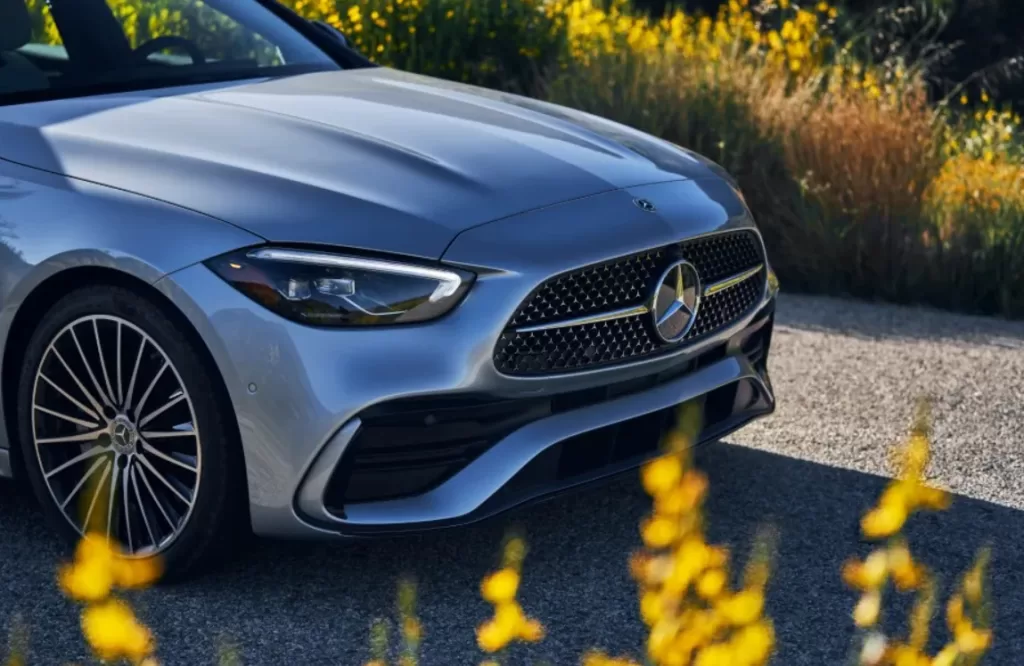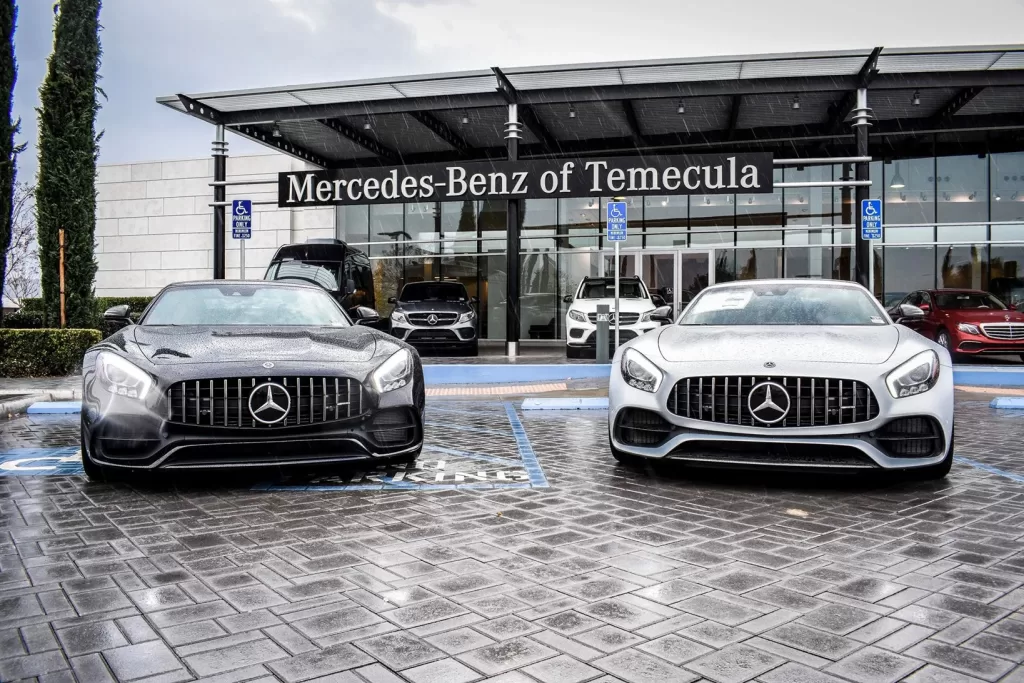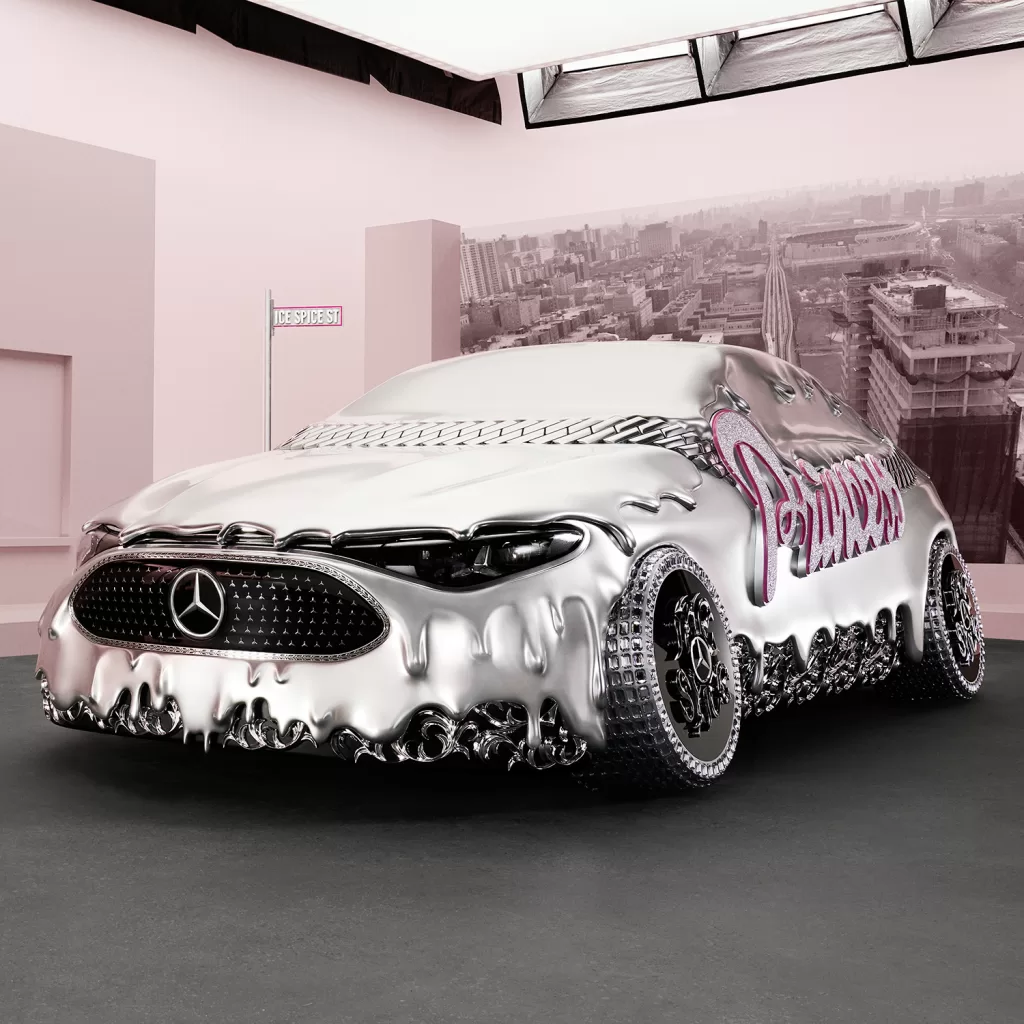Mercedes-Benz USA is facing a challenging road ahead as it transitions its gas-powered lineup to electric vehicles (EVs). Although the company appears to be determined in embracing the electric future, its franchise dealers have been encountering obstacles when it comes to moving their electric inventory.
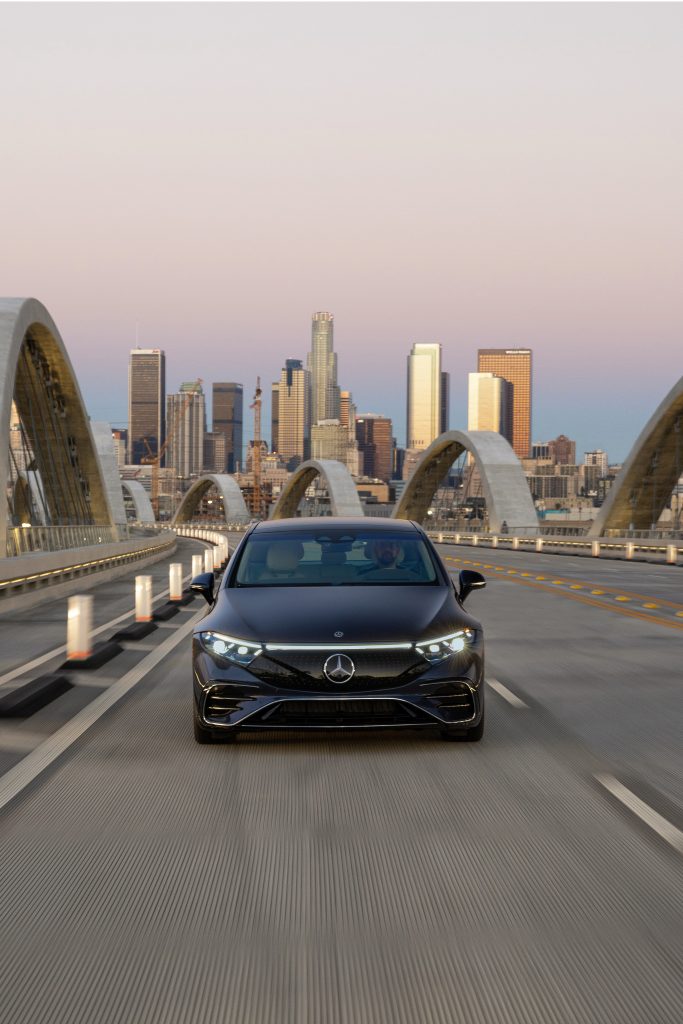
A Long Wait to Sell
Previously, Mercedes-Benz USA (MBUSA) touted strong Q3 2023 sales of its products. The company reported an impressive 285% spike in its EV sales during that period with 10,423 EQs sold.
However, a recent report by Autoblog has painted a grim picture of what was really happening in the North American dealerships of the three-pointed star marque. According to the source, it took its dealers an average of 82 days to sell a Mercedes EV in September.
The waiting time was significantly longer than the industry average of 57 days and it even surpassed rival BMW’s 38-day average. This situation has raised concerns about the demand for Mercedes EVs in the North American market.
Price Premium: A Hurdle to Overcome
One possible culprit for this slow pace of sales is the pricing of Mercedes’ EV lineup, which begins at approximately $53,000. Analysts think that customers appear to be suffering from “sticker shock” when considering these electric alternatives.
As a result, dealers have reportedly called for discounts to make these EVs more appealing to buyers. But then again, MBUSA has been allegedly hesitant to offer incentives based on another report by Automotive News.
One dealer recounted that the lack of incentives has played a significant role in diminishing demand. With interest rates on the rise and increasing expenses in people’s lives, customers are becoming more conscious of their spending.
While pricing may not be as prominent of an issue for luxury buyers as it is for mainstream brands, it still plays a vital role in purchase decisions.
The ‘Want’ Factor: Missing in the Electric Lineup
Meanwhile, many within Mercedes-Benz USA believe that the real issue lies in the products themselves. Some argue that the brand’s electric cars should be “want” cars, similar to the highly coveted S-Class or AMG GT Coupe. However, the current lineup, including the EQS, has failed to generate the same aspirational appeal as their gas-powered counterparts, despite their premium price tags.
This poses a challenge, especially for a vehicle with a six-figure price point, as customers are less willing to invest in an electric model that lacks the same allure as the brand’s traditional offerings.
A Maturing EV Market: Changing Customer Expectations
Another factor blamed to be influencing Mercedes’ electric vehicle sales is the evolving nature of the EV market. It has transitioned from its early adopter phase to a more mature stage.
Customers are now more discerning and less willing to act as guinea pigs for unproven technology. They seek polished, well-rounded vehicles that do not compromise on quality.
With the electric market growing, consumers have higher expectations for the EVs they invest in.
Final Thoughts
To wrap things up, Mercedes-Benz USA is currently facing the challenge of invigorating demand for its electric vehicle lineup. While the company is making strides towards an electric future, dealers are struggling to sell these vehicles, primarily due to pricing concerns and a lack of aspirational appeal.
This situation is exacerbated by the rapidly evolving and highly competitive nature of the EV market where consumers are now demanding more from their purchases.

